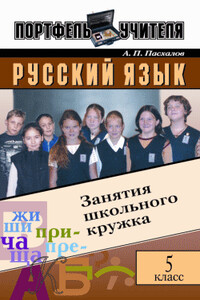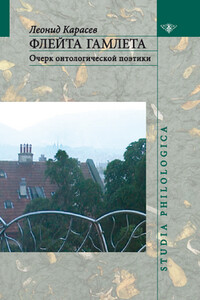Как вести беседу по телефону | страница 22
V. In what situations would you say the following?
1. Yes, I’d be delighted to accept your invitation. 2. You’ll have a chance to meet the rest of my colleagues. 3. Thanks awfully, but I’m afraid I’ve got a lunch appointment for this time. 4. Yes, that’d be splendid. I’d love to. 5. I’m terribly sorry. I’m booked up for Friday. 6. Good, see you on Sunday, then. 7. I’ve been wanting to meet you for a long time. 8. When exactly do you suggest I come? 9. It’s nice meeting you. 10. I’m so pleased to have met you. 11. I’ll get there on my own. 12. I’ll call back later. 13. Could I leave a message? 14. I understand we should have invited you a few days ago. 15. Will you speak up, please. 16. Your invitation came at very short notice. 17. Sorry. I’m engaged. 18. That suits me perfectly. 19. It is a credit card call.
VI. a) Extend an invitation by phone:
1. to a reception; 2. to the Bolshoi Theatre; 3. to an International Book Exhibition; 4. to a luncheon; 5. to your place; 6. to a cocktail party
b) Accept or decline the invitation by phone.
Read the dialogues aloud working in groups of two.
Mr Block: They say that entertaining guests is an essential part of diplomatic activity. Do you share this opinion?
Mr Bulatov: I would rather consider entertaining not an essential but a most important part of diplomatic work. Apart from improving the public image of the country you represent it helps to establish contacts and make friends.
Mr Block: It takes a lot of time and efforts to say nothing of money to arrange a diplomatic reception such as an official dinner, for instance.
Mr Bulatov: Yes, it does. But the most difficult job is to make the people you have invited feel comfortable and at ease.
Mr Block: I suppose it depends on the host.
Mr Bulatov: And the hostess, the way she works out the seating plan and observes the order of precedence. Ministry officials and foreign diplomats are touchy people, you know.
Mr Block: Should the common interests and the profession of the invited guests be taken into consideration while arranging the seating plan?
Mr Bulatov: If you want your dinner to proceed smoothly you ensure it as tar as possible. The conversation among the guests will be more lively, and most probably there will be no conflicting situations.
Mr Block: Conversation is an art.
Mr Bulatov: You are right. A conversation is not an interchange of words, but ideas. Even a dinner conversation should be thoughtful, natural and still light. It is an art which is acquired by experience.



